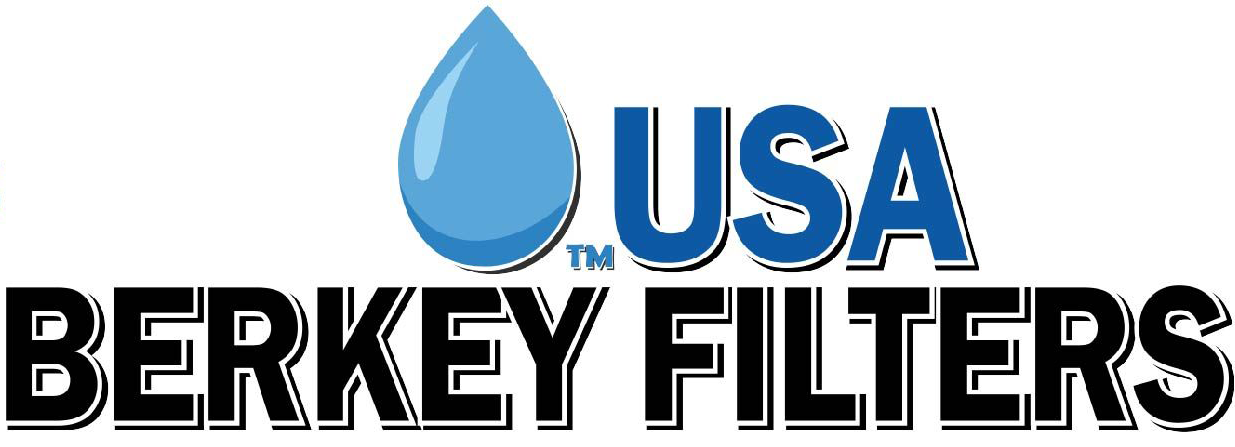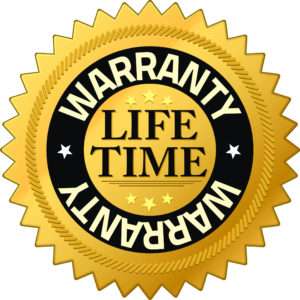 One of the most important items that we have in our preparations is often the least talked about. I have always known the importance of water but when I first became active in the area of emergency preparedness, I was more consumed with other things. I guess you could call them the “cool tools,” such as knives, axes, ways to create fire, and other gadgets.
One of the most important items that we have in our preparations is often the least talked about. I have always known the importance of water but when I first became active in the area of emergency preparedness, I was more consumed with other things. I guess you could call them the “cool tools,” such as knives, axes, ways to create fire, and other gadgets.
All of those tools definitely have their place, and they are important. However, I have come to realize that clean, drinkable water is absolutely precious. I do not use that word light-heartedly because for us, after oxygen, water is life.
It puts it into perspective how precious it is when you consider that we can live roughly ten times longer without food than we can water.
Most people can store enough water to get through most emergencies, but there are a few problems. The first is that we never know how long an emergency will last. The duration could be two hours, days, weeks, or months, which makes it difficult in knowing how much water to store.
Secondly, something could happen to a water stockpile or our main source of water that causes it to become inaccessible or undrinkable.
Lastly, while there still are clean sources of water in nature, they are not as abundant as one may think. Not taking into account the contaminated water sources caused by human presence, there are naturally “dirty” water sources that we cannot directly consume without incurring illness.
The Need for Water
We require clean water for drinking, cooking, hygiene purposes, washing our clothes, general cleaning, and for our pets.
History has shown us that civilizations can only thrive if there is access to water. People have gone to great lengths and constructed amazing structures to deliver water where it is needed. There are even instances of completely diverting waterways to suit our needs.
For the sake of argument, there is water all around us, but not all of it is safe to drink and if we do not drink within three days, then a person’s situation turns dire.
Without taking into account several variables that affect our water usage and needs, it is a rule of thumb that a person requires access to one gallon of clean water every day. This is just for drinking and does not include things like cooking and bathing.
This means that a family of four would need, at a minimum, twenty-eight gallons of water per week and 112 gallons of water for one month just to survive.
A severe enough disaster could easily disrupt an area’s water supply for thirty days. Think of a standard one-gallon milk jug, do you have 112 of these filled with water lying around?
Therefore, one of the most important items that we can have is a water filter and ways in which to purify water. With the ease of turning on a tap at home and expecting clean water, it is easy to overlook the importance of a quality filter.
Even in the comfort and safety of our homes, the cleanliness of tap water is not always guaranteed. Burst pipes, maintenance to the water system, and other reasons can cause boil orders to be issued.
Then some regions just have inadequate water management systems that result in subpar or even unsafe water quality.
Personal Experience
Several years ago, I moved to a new area where the tap water was quite different than I was used to. It was not necessarily “bad” but it did have a somewhat unpleasant taste.
An opportunity presented itself in which I could install a home filter on my kitchen sink, and I took advantage of it. Not long after installing the filter, I noticed a dramatic difference in the quality of taste in the tap water. Everyone else in the house also noticed the difference.
The difference in the taste was enough that I had difficulty drinking from any other faucets in the house that were not filtered. From metals to microplastics, to chemicals, our water supply can have a lot wrong with it. A home filter or one that we put in our vehicle or packs is much more important than we may acknowledge.
Final Thought
 A quality water filter appears quite expensive at first glance when compared to purchasing bottled water or using the tap at home. But bottled and tap water have their issues during normal times let alone during a disaster.
A quality water filter appears quite expensive at first glance when compared to purchasing bottled water or using the tap at home. But bottled and tap water have their issues during normal times let alone during a disaster.
If you find yourself looking at a quality filter that you feel is expensive try not to become hung up on the initial, one-time cost. Instead, break the price down into cost per gallon of filtered water and look at the lifespan of the filter.
Looking at it in this manner should make you feel better considering that quality filters can provide thousands of gallons of clean water and may have a lifespan of several years.
When we are left with untreated or unsafe water as our only option for hydration a quality filter is not going to seem so expensive.
Thanks for reading and stay prepared!
Written by Bryan Lynch
* * * *
Author bio: Bryan Lynch grew up in the Midwest and spent every waking moment outdoors. Learning how to hunt, fish, read the land and be self-reliant was part of everyday life. Eventually, he combined his passions for the outdoors, emergency preparedness, and writing. Recently, Bryan authored the books Swiss Army Knife Camping and Outdoor Survival Guide and Paracord Projects For Camping. He is a regular contributor at SurvivalCache.com.




